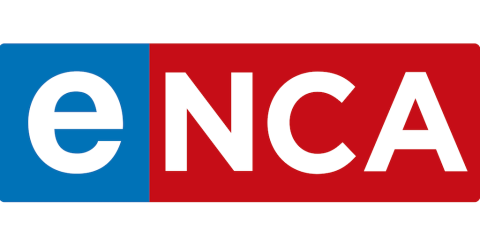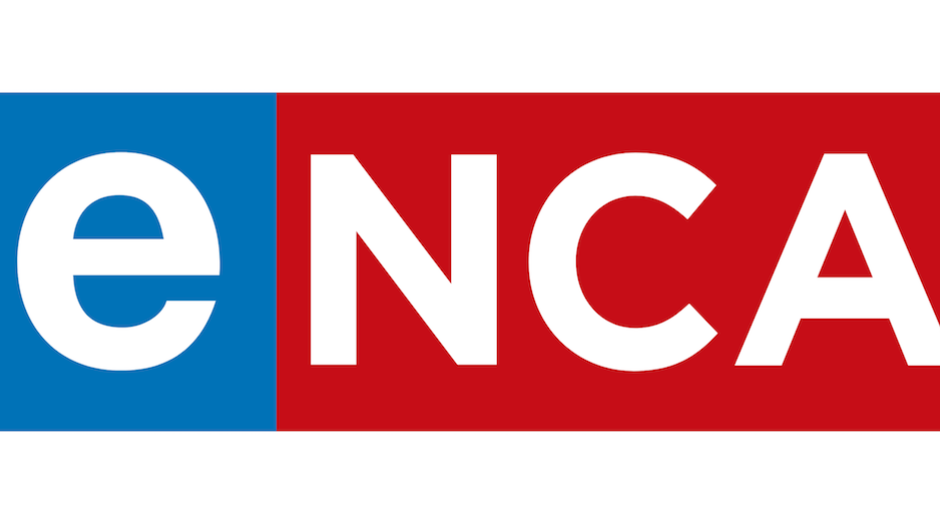
FRANKFURT - European Central Bank policymakers looked set to deliver another interest rate increase on Thursday as their fight against eurozone inflation reaches the one-year mark with consumer prices still rising fast.
The ECB began lifting borrowing costs in July last year to combat soaring prices, kicking off the most aggressive hiking cycle in the central bank's history.
Key rates have since risen by four percentage points, and "virtually everyone" expects a fresh quarter-point increase at Thursday's meeting, German central bank boss Joachim Nagel said last week.
It would be the ECB's ninth straight hike, and take the closely watched deposit rate to 3.75 percent -- its highest level since 2000.
The outlook for the ECB beyond Thursday's meeting was however less clear, as the wind looks to have gone out of the sails of the eurozone economy.
Collectively, the 20 countries in the currency bloc fell into recession around the turn of the year, shrinking for two straight quarters.
Yet consumer prices have continued to rise at a fast clip. The rate of inflation in the eurozone sat at 5.5 percent in June -- down from last year's double-digit peak but still well above the ECB's two-percent target.
The ECB broke with years of ultra-loose monetary policy last July when it raised rates by half a point after Russia's war in Ukraine triggered a surge in energy and food prices.
The recent moderation in headline inflation was "mainly due to the reduction in the annual growth of energy prices", said Eric Dor, a director at the IESEG business school.
But "excluding energy, the reduction in annual price growth is still very limited", Dor said.
Core inflation -- a closely watched measure that excludes volatile energy, food, alcohol and tobacco prices -- in fact rose to 5.4 percent in the eurozone in June, from 5.3 percent in May.
Inflation has been "working its way through the economy in phases", ECB president Christine Lagarde said at the end of June.

